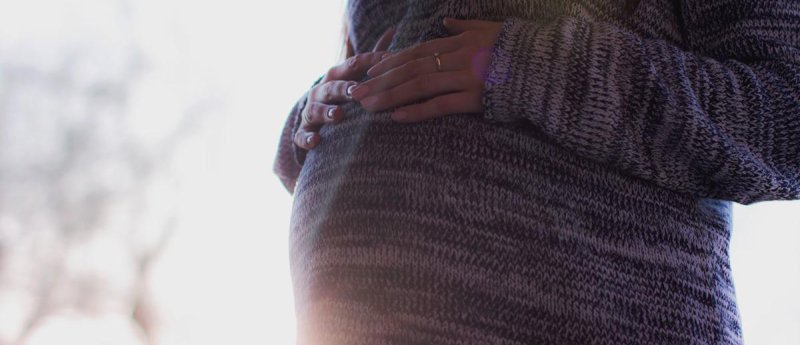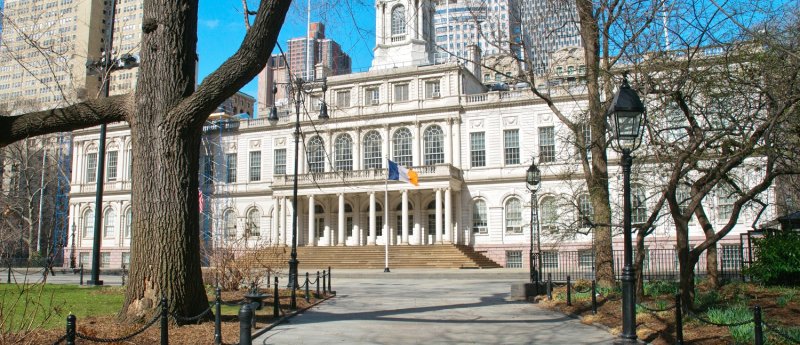 Community Justice and Public Safety
Community Justice and Public Safety
-
 Turning research into actionHow “Tough on Crime” Laws Impact Population Health
Turning research into actionHow “Tough on Crime” Laws Impact Population HealthOur study described below addresses how two “tough on crime” laws–Three Strikes and Truth in Sentencing–may have impacted birth outcomes of Black women between 1984 and 2004. While research exists on the role state incarceration policies play in increasing mass incarceration in the U.S., their role in shaping population health and health disparities have remained largely unknown.
September 9, 2024
|P4A Spark
| -
Community Justice and Public Safety“Once You’re Arrested, You Lose So Much”: A Photovoice Study on the Pretrial Experience in New Jersey
This report examines the far-reaching consequences of justice system involvement on mental health, physical health, and well-being.
May 1, 2024
|Evidence
| -
Community Justice and Public SafetyHeterogeneous and Racialized Impacts of State Incarceration Policies on Birth Outcomes in the U.S.
This study examines the effects of two significant state incarceration policies from the 1990s—three strikes and truth in sentencing—on birth outcomes for Black and White infants. The research employs a difference-in-differences event study design to capture the dynamic effects of these policies over time.
November 1, 2023
|Evidence
| -
This study examines the impact of North Carolina’s House Bill 318 (HB 318), a state law that preempts municipal protections for immigrant communities, on the health and well-being of Latine immigrants.
March 27, 2022
|Evidence
| -
 Children and FamiliesTo Understand Child Welfare, Involve People Who Know
Children and FamiliesTo Understand Child Welfare, Involve People Who KnowA unique partnership in Minnesota is linking data about health, human services, housing, and criminal justice to increase our understanding of risk factors and protective factors for children entering foster care. But how do we ensure we tailor our research approach to fit the complicated lives of real parents, caregivers, and children?
December 9, 2019
|P4A Spark
| -
 Community Justice and Public SafetyTuning Legal Levers to Build Health Equity in Housing
Community Justice and Public SafetyTuning Legal Levers to Build Health Equity in HousingHousing in the United States is in bad shape. There are not enough units, and where there are units, they are often not affordable, and not in the right places. These problems are a result of the U.S. housing system, which is a complex set of people, organizations, laws, and conditions that interact to produce our current housing arrangements. This system has created a chronic shortage and affordability gap and persistently inequitable, segregated, and unhealthy living conditions for millions of Americans.
November 22, 2019
|P4A Spark
| -

Pay for success sparks innovation in the public sector while limiting risk to taxpayers by ensuring the government only pays for services that are effective. Importantly, it can bring financing to interventions for populations that are often forgotten, neglected, or deemed less worthy of taxpayer support, including people experiencing chronic homelessness.
April 11, 2019
|P4A Spark
| -
 Turning research into actionPerspectives on Cross-Sector Collaboration from Academia and Government
Turning research into actionPerspectives on Cross-Sector Collaboration from Academia and GovernmentKacie Dragan of our NYU Wagner School Research Hub writes about collaborating with local criminal justice and public health agencies to better understand the health needs of justice-involved New Yorkers.
October 31, 2018
|P4A Spark
| -
Community Justice and Public SafetyNew Jersey Criminal Justice Reform Advancing Racial Equity (NJ CARE) Study
The research team will work with individuals with lived experience in the justice system to contribute to a participatory action research-informed approach, with the goal of understanding how the impacts and policy changes uncovered translate into the human experience—including implications for well-being, health, and mental health.
December 15, 2021
|Has Evidence
| -
Community Justice and Public SafetyImpacts of State Incarceration Policies on Racial Health Equity
This study will investigate the causal impacts of implementation—and, in more recent years, repeal—of state sentencing policies on racial disparities in health among infants and young adults.
December 14, 2021
|Has Evidence
| -
Community Justice and Public SafetyFrom Words to Action: Can Local Policies and Declarations Address Racism as a Public Health Issue?
This study will examine how formal declarations of racism as a public health issue can be used to create, maintain, or strengthen local policies and systems intended to dismantle structural racism and invest in community well-being.
December 14, 2021
| -
Municipal laws and policies affect the social, economic, and legal conditions of civic and private lives of immigrants in profound ways, including both direct access to health services, as well as broader social determinants, such as employment, housing, education, transportation, and law enforcement.
January 14, 2019
|Has Evidence
|